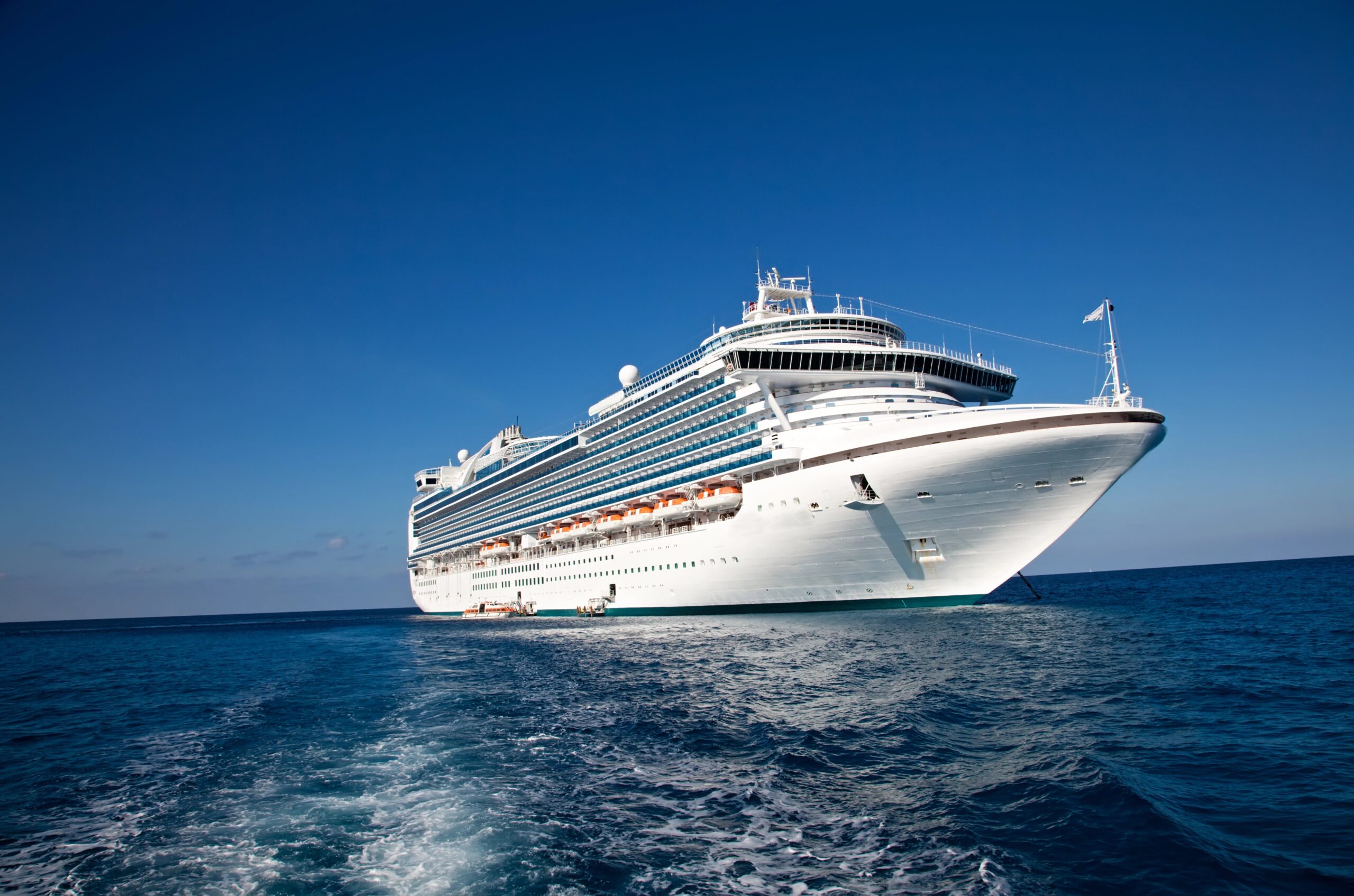Cruise ships are seeing a surge in norovirus outbreaks this year. The Centers for Disease Control and Prevention (CDC), which publishes details of the outbreaks via its Vessel Sanitation Program, reported eight outbreaks in just two months. Half of these instances affected at least 100 people onboard. In one case, at least 166 passengers and 19 crew members fell ill on Holland America’s Rotterdam. An outbreak on Royal Caribbean’s Radiance of the Seas sickened 160 passengers and eight crew members. Compared to previous years, the caseload for early 2025 is unusual. There were only two outbreaks reported through early February in 2024 and three in 2023.
Norovirus is the cause of over 90% of diarrheal disease outbreaks on ships. The virus spreads fast, moving through contaminated food, water or surfaces. Even a speck of vomit or feces can infect someone. The CDC advises cruise passengers to wash hands with soap and water regularly, leave any area where people appear to be visibly sick with a gastrointestinal illness and report these potential cases to ship staff.

A Winter Surge
Norovirus isn’t just a problem at sea. In fact, only a small percentage of US cases happen on ships. Outbreaks have spiked across the US this season. From August 1, 2024, to February 5, 2025, the CDC reported 1,676 outbreaks—compared to 729 during the same period in the previous year. The virus is called the “winter vomiting bug” because it peaks between November and April. It causes sudden stomach pain, vomiting, diarrhea and other symptoms.
Scott Roberts, an infectious diseases expert at Yale Medicine, says the virus spreads easily in winter because people gather indoors. “Very few norovirus particles are needed to infect a person. Other viruses need much more exposure,” he said.
A norovirus strain known as GII.17 is driving the recent surge. This variant was once rare in the US, so the population is less immune to it. Now, seven out of ten outbreaks are linked to this strain.
According to the CDC, the virus causes 58% of foodborne illnesses. Raw shellfish, leafy greens and fruits are common sources. In 2024, the FDA issued several recalls of oysters tainted with the virus. The agency reports that norovirus leads to 900 deaths annually in the US, mostly in older adults. Worldwide, it is responsible for 50,000 child deaths, mostly in developing countries.
Fighting Back
There is no cure for norovirus, nor is there a vaccine. The best defense is washing hands with soap and water. Hand sanitizers won’t cut it. “Norovirus has a capsule around the virus that protects it against most routine disinfectants, such as alcohol-based, hand-sanitizing gels,” Roberts said. Because it can survive on surfaces for a long time, cleaning and sanitizing surfaces and utensils with approved disinfecting products is also key, as is washing produce and cooking shellfish.
Treatment focuses on rest and hydration, as diarrhea and vomiting can lead to rapid dehydration. Medical experts advise drinking water, broth or diluted juice. Clear fluids are best until vomiting subsides. After that, small meals of bland foods—such as bananas, rice, applesauce, and toast—can help. In cases with severe dehydration, hospital treatment with intravenous fluids might be needed.
Norovirus may be the “cruise ship virus,” but it’s a threat everywhere. The best defense is simple: wash hands often, clean surfaces and stay vigilant.
Did you enjoy this blog post? Check out our other blog posts as well as related topics on our Webinar page.
QPS is a GLP- and GCP-compliant contract research organization (CRO) delivering the highest grade of discovery, preclinical and clinical drug research development services. Since 1995, it has grown from a tiny bioanalysis shop to a full-service CRO with 1,100+ employees in the US, Europe and Asia. Today, QPS offers expanded pharmaceutical contract R&D services with special expertise in pharmacology, DMPK, toxicology, bioanalysis, translational medicine, cell therapy (including PBMCs, leukopaks and cell therapy products) and clinical development. An award-winning leader focused on bioanalytics and clinical trials, QPS is known for proven quality standards, technical expertise, a flexible approach to research, client satisfaction and turnkey laboratories and facilities. Through continual enhancements in capacities and resources, QPS stands tall in its commitment to delivering superior quality, skilled performance and trusted service to its valued customers. For more information, visit www.qps.com or email info@qps.com.







